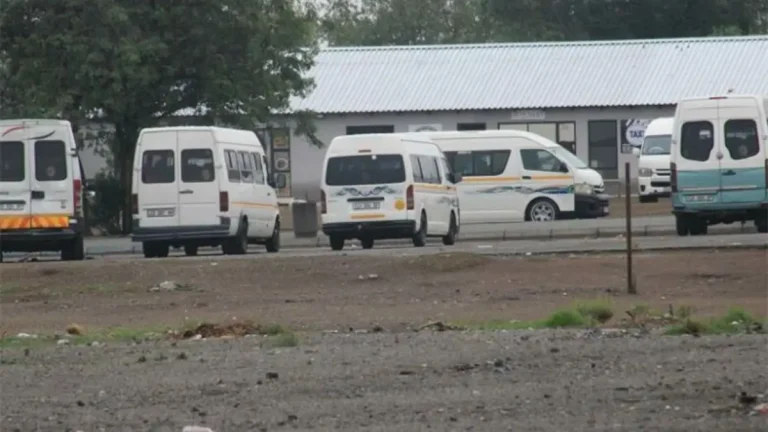Motorists are being warned to stay vigilant as a worrying new criminal trend emerges on the country’s roads. Reports reveal that certain taxi operators are hijacking vehicles and demanding payments from owners to get them back, a practice that has rapidly spread across several regions.
Thank you for reading this post, don't forget to subscribe!Growing Fear Over Taxi-Linked Hijackings
According to the City of Cape Town’s Mayoral Committee Member for Safety and Security, Alderman JP Smith, these incidents are part of a growing pattern of “mafia-style” extortion within the taxi industry. He confirmed that taxi operators stop motorists, seize their vehicles, and then force them to pay to get them back.
Smith said these are not lawful impoundments but clear cases of hijacking.
“When someone takes your car without permission and removes it from your control, that’s hijacking,” he said. “Motorists should not give in to demands or make payments. This is outright criminal behaviour.”
Vulnerable Motorists Targeted
The attacks often occur during late-night or early-morning hours when vulnerable road users are most exposed. Many victims include workers travelling home after late shifts or drivers transporting schoolchildren. These motorists are being ambushed and intimidated into handing over money.
Smith noted that seized vehicles are typically taken to taxi rank offices, where operators demand “release fees.”
“We’ve seen cases where drivers are told to come to the ranks and pay cash for their cars to be returned,” he said.
Inside the Transport Mafia Network
Investigations by the city have uncovered that these operations are coordinated by certain taxi associations acting like organised crime networks. Smith described an incident in Khayelitsha where metro police recovered an Uber driver’s car at a taxi office. “We found the vehicle, but we also uncovered an illegal firearm and cash—clear signs of ongoing extortion,” he said.
He added that these groups move around the city in patrol teams, often wearing reflective bibs to appear legitimate while enforcing control over who may operate along particular routes. “It’s the same model we’ve seen with the construction mafia—intimidation, control, and profit through fear,” Smith explained.
Fear of Reprisals Hindering Arrests
One of the biggest challenges facing law enforcement is that many victims refuse to open criminal cases. Most are too frightened or simply relieved to have their vehicles returned. This reluctance allows the perpetrators to continue operating freely.
“What we often see is victims asking us to recover the vehicle but not press charges,” said Smith. “But when no case is opened, the same criminals keep doing it again and again.”
He urged victims to report incidents immediately by contacting the city’s call centre on 021 480 7700, assuring that metro police will help recover vehicles and arrest offenders—provided motorists are willing to take legal action.
Also read: From Licensing to Safety Checks: Big Changes Coming for Uber and Bolt
Calls for Stronger Laws and Accountability
Smith has called on provincial authorities to strengthen legislation to deal more effectively with intimidation and extortion in the transport sector. He also urged citizens to demand accountability from the South African Police Service (SAPS). “People should ask how many arrests or prosecutions have taken place because, right now, these crimes are out of control,” he said.
Fighting Back Against Roadside Extortion
The rise of this so-called “transport mafia” highlights the growing threat facing motorists across the country. Even private citizens giving lifts to family or friends have been targeted. Smith’s message to the public is clear: never pay extortionists and always report the crime.
Authorities warn that silence only emboldens the culprits. By refusing to pay and insisting on criminal action, motorists can help curb a dangerous pattern that threatens safety on our roads. It’s time for communities, law enforcement, and government to unite against these hijacking syndicates before they tighten their grip on the nation’s transport system.
Related article: Gauteng’s Upcoming E-Hailing Service Aims to Create Local Jobs




